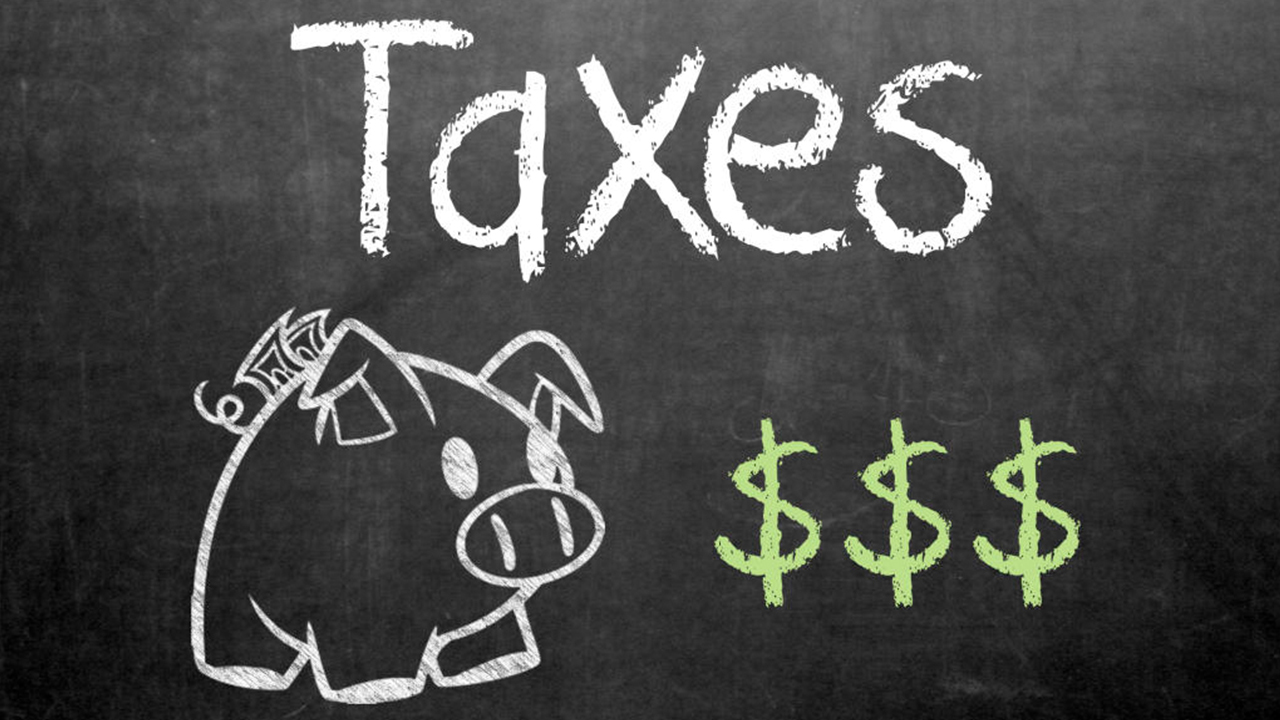We have all been frustrated to find out at the last minute we owe tax to our federal or state government. Many times the tax accountant gets blamed for not being able to estimate the amount due. At Atlas CFO, we aren’t tax accountants, yet we have come to have a strong appreciation for those who help guide us all through the regulation maze of income tax.
What would happen if you had such a strong relationship with your tax accountant that you could do planning (yes, planning) before the dreaded April 15 (or more likely Oct 15 deadline)? We will explain how to get the most from your relationship with this important partner.
When should you meet with your tax accountant?
There are several important times to meet with your tax accountant and we will highlight just a few in this article.
Major transaction:
Before you embark on a major transaction or major expansion, wouldn’t it be nice to know what to look out for? Schedule a meeting with your tax accountant. Prepare the information and send it to them 2-3 weeks before your meeting for the best results. Examples of major changes are:
- Ownership changes, including internal or external sales
- Major purchase of an outside company
- Major asset purchase – such as building or expansion of office
- Major expansion into new states
- Issues with creditors, bankers, bonding companies, etc.
- Any correspondence with tax related regulatory agencies
We have seen this meeting save owners thousands of dollars. Expect to pay for this planning meeting, but the results are valuable.
Annual tax planning:
If you want your tax accountant to provide you the most accurate and timely tax advice then it is up to you to manage the relationship. They are busy year-round but incredibly busy from January through April. If you want to have a great conversation, schedule time in the fall.
With your date set, ask them what they would like to see in order to do some year-end tax planning. Give them 2-3 weeks with your information before the meeting. Your accountant needs time to read, research and calculate options for you.
Typical information needed would include, but not limited to:
- Current, accurate Balance Sheet and Income Statement from your company
- Which states income was earned
- Fixed assets purchased during the year
- Listing of repairs and maintenance
- Estimated taxes paid
- Any correspondence received from the IRS
- Estimates of current personal income if you are a sole proprietor, LLC or S corp. This could include wages, rental income, dividends and interest, capital gains, stock sale gain/loss and any large or unusual transactions
Some providers include this meeting with their annual services and others charge separately. The charge is usually reasonable and provides a minimum of peace of mind.
Tax time.
What do they need? When do they need it?
Most larger tax providers have a form that can be filled in and the information gathered. The best, most efficient exercise you can do is to fill it out to completion and attach copies of all necessary information. You will be rewarded with a quick turnaround.
If you are able to provide a copy of a QuickBooks file or provide access to your company’s software, many tax preparers will be happy for the access. This way if they run into a question (while working at 11pm) they can obtain the information they need without waiting for the next day.
As far as when do they need it, well, that depends on when you want the return. If you plan to extend, you can submit your information after April 15, but your accountant may need some information to properly estimate your extension payment or your first quarterly estimate. If you are unsure of how to proceed, add this to the list of questions. If you would like to file by April 15, April 13th is not the day to submit information. If you submit all of your information at the end of January or the first of February, you should receive your return before the March 15 or April 15th deadline. The later your information arrives after February 15, the greater chance you will not obtain the first deadline. Just keep in mind your information is not the only return they have. If you look at the calendar and realize that most information does not come in until February 15 and the first corporate filing date is March 15, you can understand the amount of pressure they are under.
If you want to obtain your return by the initial deadline, another reason to send in accurate, complete information early is for the tax preparer accuracy. We are all human and so is your tax preparer (seriously, they are!) and any advantage you can provide is valuable to you.
Questions to ask your tax accountant during your planning meeting:
What opportunities are available to my business in tax credits and bonus depreciation?
If you have multiple entities, what tax planning strategies are available to me in relation to the businesses I have? Are there opportunities that I am not taking advantage of?
If you have major changes expected, make sure to discuss opportunities and pitfalls surrounding it.
What would you expect my tax liability to be on the due date?
What would you expect my estimated tax payment to be on the due date?
When do you need my information? How long will you take to complete your work?
Who will be assigned to my account? Do I contact him/her directly?
What information will you need from me to complete the tax return(s)?
Download the PDF version to fill out these questions.
Your tax accountant is a valuable partner in your business. Take the time to get to know your partner and invest in the relationship. Just because this person isn’t on the payroll doesn’t mean that they can’t be of just as much, if not more value. Remember, they must have timely information in order to provide you the best value.
So, now it is your turn. Call and schedule that planning meeting right now. Uncle Sam needs you.
Before deciding on the right tax accountant for you, ask a few questions. Here is an example list:
What are your qualifications and industry specialty?
If you can find someone who specializes in your industry, you will be rewarded. Also consider choosing a practice that is close to your business’ size.
How long has the practice been providing tax services and how long have you been with the practice?
What services do you provide?
How do you keep track of changes in client’s circumstances?
Who will be assigned to my business most of the time? What oversight for that person is provided?
What is your policy relating to returning calls and emails?
When do you need my information? How long will you take to complete your work?
Are you familiar with the accounting software in place? Would you like access to the software?
How do you bill and what is outside of this agreement?
Will you be charged for every phone call or email? What is the timing of your billing?

